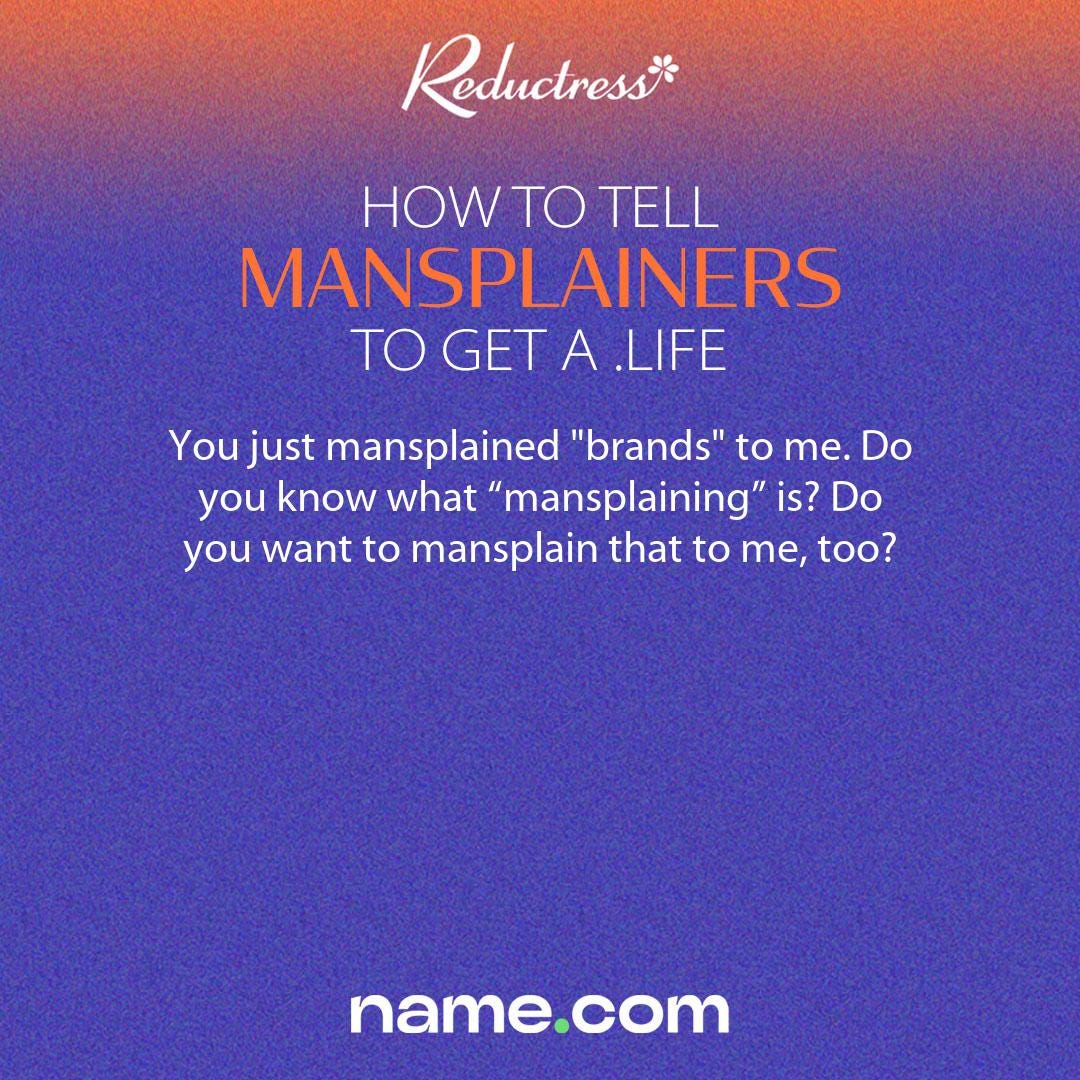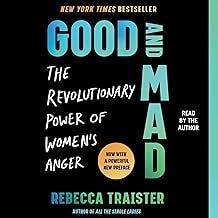This is Women’s History Month, so I’ve been thinking about history through the lens of my career. It’s not been that long in the grand scheme of things, but I find myself more and more often seeing how radical the changes have been in even two decades. I kicked off in advertising in the mid-aughts, after working in non-profit and documentaries for a few years.
I started my career at Digitas, which had Joanne Zaiac, a smart as a whip and no holds barred woman as President. She was radically professional, all business suits and Jimmy Choos. Her role felt so far out of reach for me, a scrappy art school girl with a strong progressive streak. Luckily I had wonderful role models, like my mentor Beth McCabe and my head of strategy George Scribner, who modeled team building, empathetic leadership, and balancing work with living a creative life better than anyone. As I moved into other agencies with different leadership, I realized how special that truly was more than 15 years ago.
When I went into freelance, I sometimes got Peggy Olsened—hired just because I was a woman. And it was overt too; I was told “we need a woman in the room for [fill in the blank apparel or beauty brand].” Starting out as a freelancer, I could prove myself in those settings and become the person in the room for other brands as well. On some level it made sense; for those brands day-to-day clients were often women, and the men who hired me weren’t comfortable with the small talk, or the big talk, around their brands. But of course, when it was time for the bigger conversations at the C-level, the conversation—and the genders—changed.
In the pipeline → At the helm
Today it’s quite different. 2022 saw more women than men CMOs for the first time, compared to barely 25% in 2016 - and less prior to that. This is a remarkable amount of women with decision-making power on how products get marketed, what products to market and where those products show up. And it shows. People like Kory Marchisotto, CMO of ELF cosmetics, are bringing beauty into spaces like the Super Bowl. Rachel Webber, former Chief Brand Officer of Playboy, turned the brand that made its money on women’s sexuality into a gender inclusive, sex positive, fun romp. Pam El, former CMO of the NBA, oversaw so much growth including that of the WNBA.
Working with women in the CMO role can net different outcomes. We just made this mansplainer app with Reductress and the CMO of Identity Digital, Rachel Sterling, who pushed this all the way through.
Of course, being overt about game-changing for women is just some of the work. The day-in-day-out of selling products and building brands doesn’t always net out with work this overtly feminist. But these are the types of projects that might fall by the wayside or get nixed unless there’s a woman at the top fighting for it.
Copying culture → Creating new culture
What’s ensued has been a wholesale reshaping of work culture. As we’ve moved from women being ‘only’ to many women in the workforce, the culture of work has reshaped around different values. Compassion, empathy, active listening have entered the vernacular of management culture as new ways of working have come to the fore. The hyper-competitive ‘Working Girl’ attitude of Sigourney Weaver, of having only room for one at the top, has shifted.
However, the expectations on this work culture under the helm of women is extremely high. Somewhere along the route, culture pinned the idea of a girlboss with building a magically warm and fuzzy company where everyone is happy. But workplace complications are inevitable. The salacious stories of overzealous women leaders at a slew of #girlboss companies like The Wing, Glossier, and Outdoor Voices became symbols of a failing at the heart of the idea that women would be able to tie compassionate, feminine work environments to outsized growth.
I’ve been fortunate to work with both women and men that are dedicated to equitable and inclusive work environments. Tim Maleeney, Tom Morton and George Scribner have had outsized impacts on the way I think about my teams. Jasmine Dadlani has been an awesome role model for transparency, compassion, and smart thinking. I’ve worked with my fair share of tools as well—I learned a lot from them, but those lessons were harder won and came with a ton of heartache. And most of those lessons were that highly competitive, hierarchical, or dispassionate systems don’t work for me.
Delegating office housework → Doing office housework
In each role I’ve been in, it’s always been the role ahead of me that had administrative support for the brain-consuming little things. From doing expenses to booking travel to managing travel conflicts to getting people little gifts, there are so many tiny tasks that erode focus time and high productivity. I’ve also seen many women enter the workforce through an assistant role and rise to take on other roles, from copywriting to strategy to account management.
Support roles have been disappearing for quite some time. There are many reasons for it, as this article in WSJ uncovers, including the rise of apps and tools that allow for easier scheduling and communications and companies cost-cutting their overhead. Women, however, tend to take on the ‘office housework’ that might have been relegated to administrative duties, absorbing the demise of support staff.
Don’t talk about money → Pay transparency & equity
It’s long been a taboo to talk about salary…but many women (and people of color) beg to differ. Yesterday was Equal Pay Day, that is, the day it takes women to make the same average salary as men made the year prior. The equal pay days for women of Black, Hispanic, and other minority origins is even more egregious; last year Black women’s equal pay day was July 9, meaning it takes Black women on average almost 7 months to earn the same as men. This discrepancy has led to not just cultural but legislative change; several states have pay transparency laws that require companies to post salary ranges so expectations are the same for everyone, and ban asking about prior salary to avoid benchmarking lower. More women are being open about salaries; the community Ladies Get Paid, anonymous communities like Fishbowl, and industry-specific salary surveys help drive pay transparency and equity.
As women have become more and more prevalent in the marketing world, there’s been a sea change in how we work, what the work looks like, how roles are structured, and deep conversations about what equity means. Let’s keep going.
—
The book I’m reading:
On the power of women’s anger, from the Triangle Shirtwaist Fires to the 2017 women’s march to #metoo. Published in 2018, it’s a good reflection on the fire in our collective bellies then—before the end of Roe, right before the testimony of Christine Blasey Ford, it has me reflecting on how we lost so many battles recently, and need to reclaim some anger to keep fighting.






